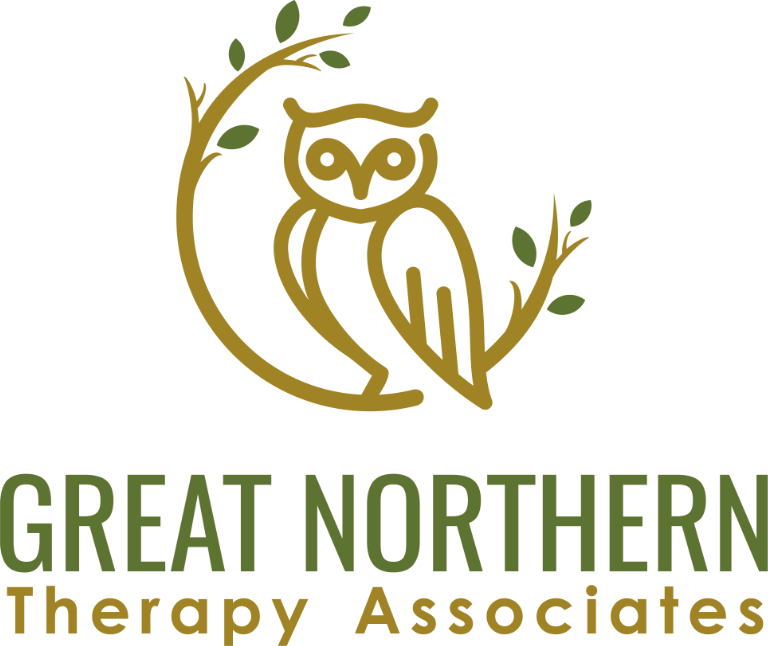As we adapt to the ‘new normal’ that has evolved as a result of the COVID-19 pandemic, the “great resignation,” and other recent events, a silver lining has been a renewed focus on the mental health of our workforce. One specific area is maintaining and improving our “cognitive health.”
What is Our Cognitive Health?
Cognitive well-being, or cognitive health is the ability to clearly think, learn, and remember. All jobs require some degree of cognitive health, and there’s a connection between happiness, job satisfaction, and factors that affect cognitive well-being.
A variety of stressors have been shown to negatively impact cognitive health. Unfortunately, recent events have exacerbated some of the negative factors, having a negative impact on people’s ability to make good decisions and work effectively. Cognitive challenges can affect individual and team performance, risk assessment and management, workplace absenteeism and return to work planning, and overall human resource management.
What are Dangers to Our Cognitive Well-being?
Working Too Long. One area of particular focus is working too long hours, and not taking adequate breaks. According to the National Institute of Health, long working hours can have adverse consequences on health and possibly trigger biological processes that resu apt lt in cognitive decline.
Stressful Work Settings. Cognitively straining conditions, such as disruptions and information overload are have been shown to impair task performance and result in diminished well-being at work.
Poor Health and Diet Choices. Exercise has been shown to improve cognitive well-being as well as eating healthy foods (high in protein, low in sugars).
How to Protect and Improve Cognitive Health
Working healthy hours and taking breaks. It’s good to work 8 or less hours a day and take breaks from focusing on your screen (or other job apparatus) every twenty minutes. A fifteen minute break every two hours is also recommended. “Logging off” for the night is recommended for those of us who have a mobile device that gives us access to work e-mails around the clock.Regular days off and vacations can do a lot to regenerate and improve cognitive well-being.
Moderate stress. Stress can come in many forms. Overwhelming deadlines, frequent shifts in focus (responding to constant newly emerging priorities), and noisy environments or frequent interruptions have been shown to cause stress and cognitive decline.
Healthy intake and lifestyle. Eating well, exercising, and sleeping regularly for 6-8 hours uninterrupted each night have all been shown to improve cognitive well-being.
Connecting with nature. Many work ergonomics and wellness experts recommend exposing yourself to sunlight regularly and walking in a natural setting periodically, if possible.
Great Northern Helps Injured Workers Recover
Great Northern Therapy Associates uses telehealth every day as part of our mission to improve the lives of injured workers. We have therapists throughout many states who can meet via remotely (and in person, if preferred), to work with injured workers and develop an individualized plan to help them adjust and successfully return to work.
We have partnered with and provided mental health support to workers at some of the largest companies in the world. But, at our core, we are still “people taking care of people,” one person at a time. Contact us today by filling out a form (below), submitting a referral, or calling us at the number below.

